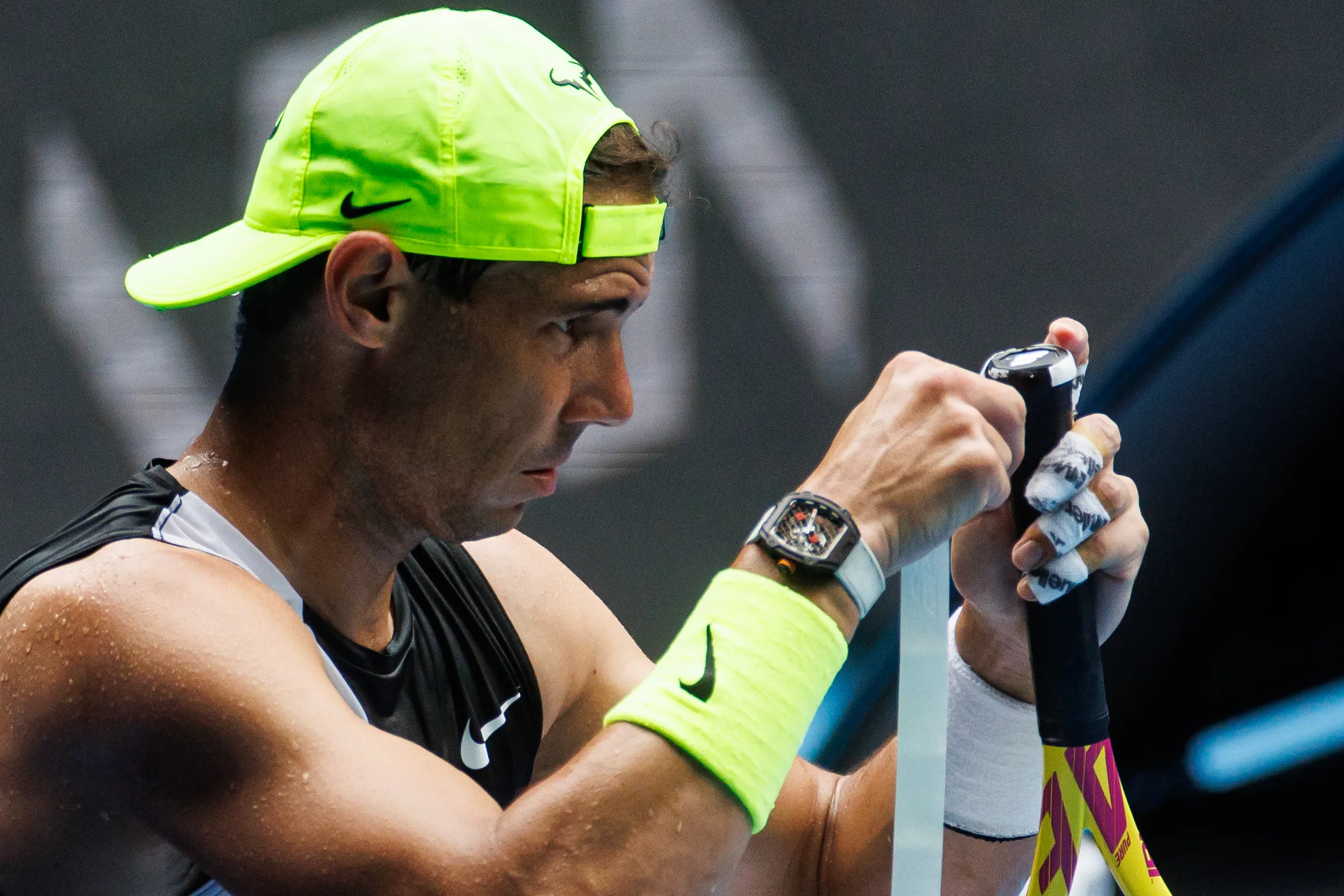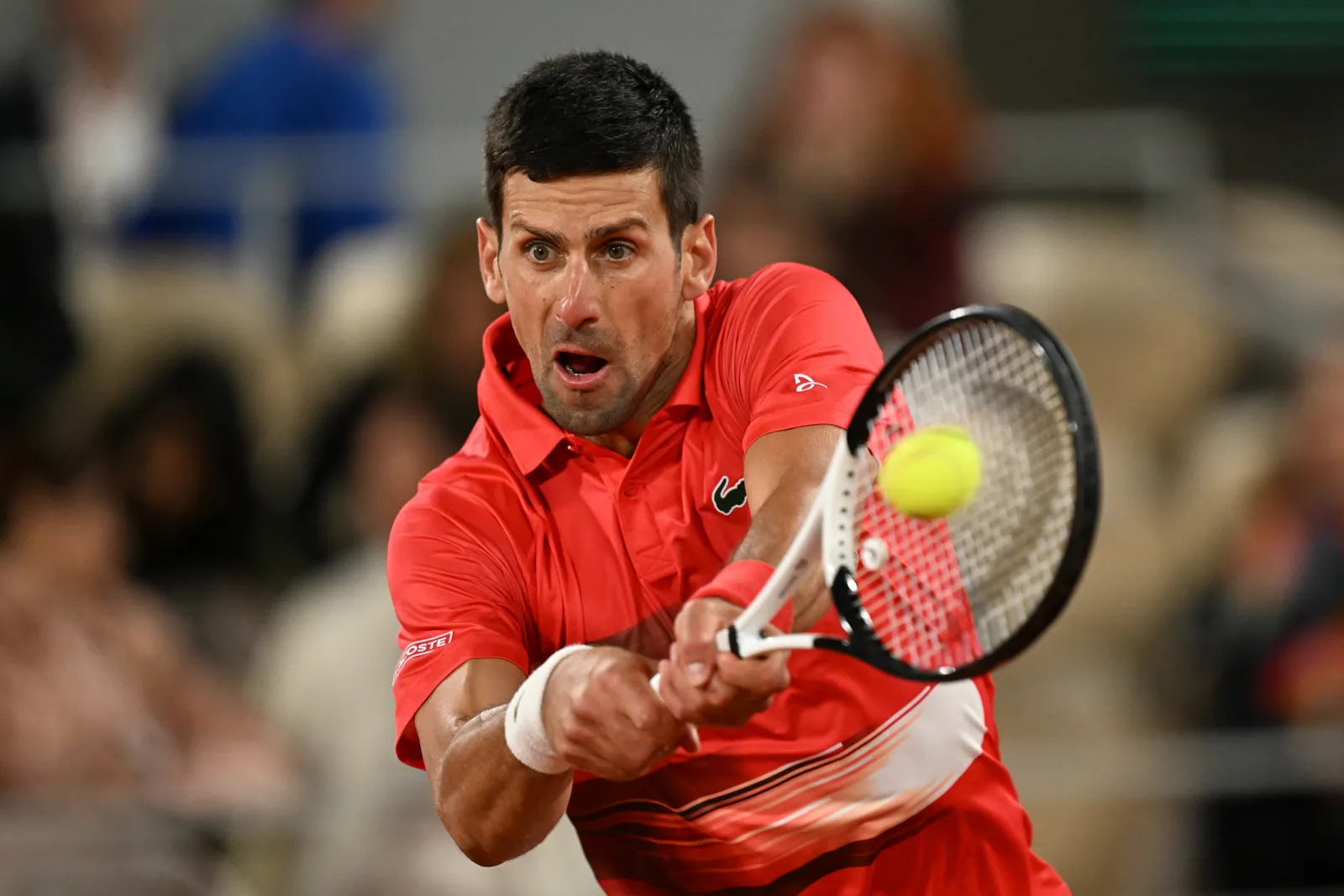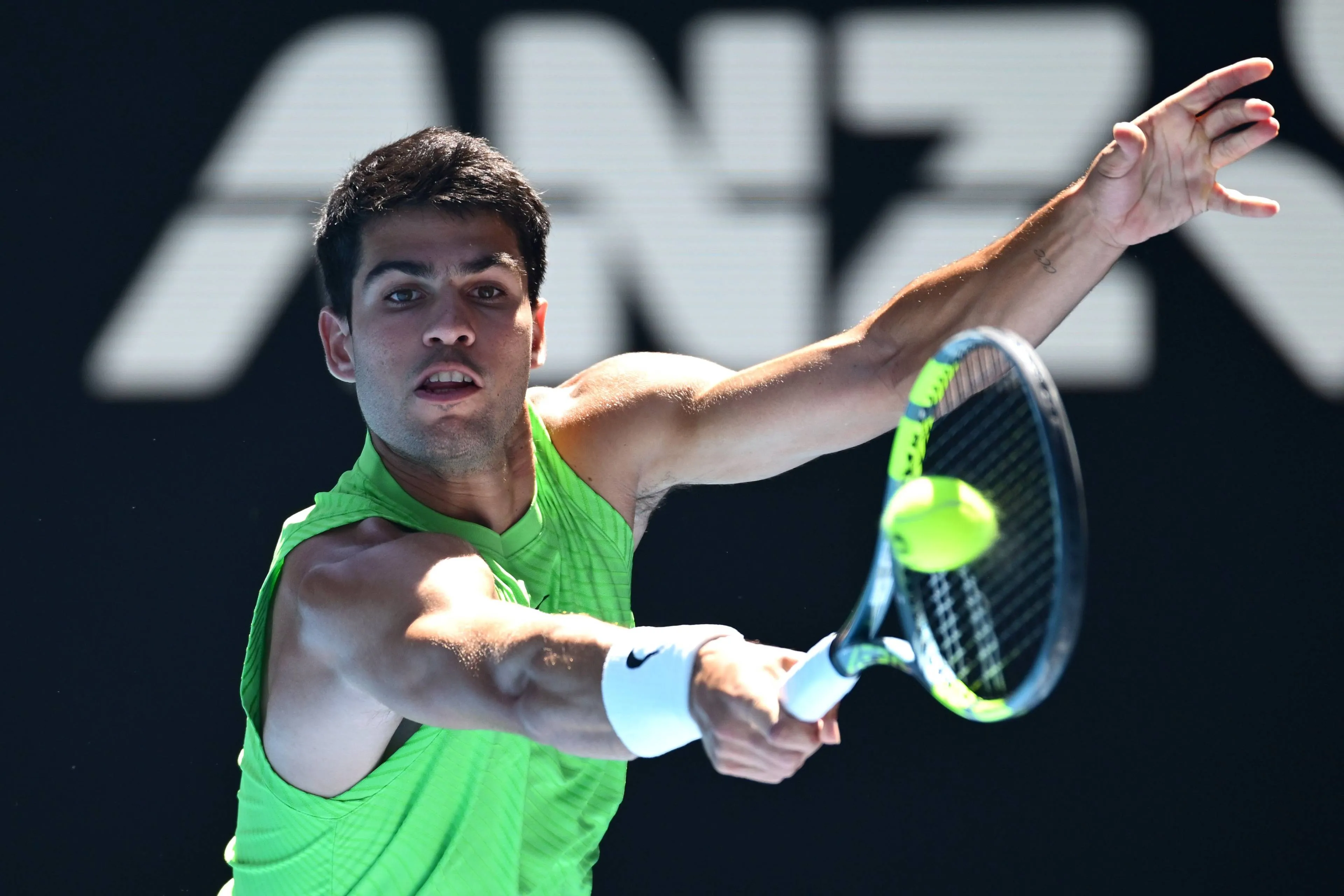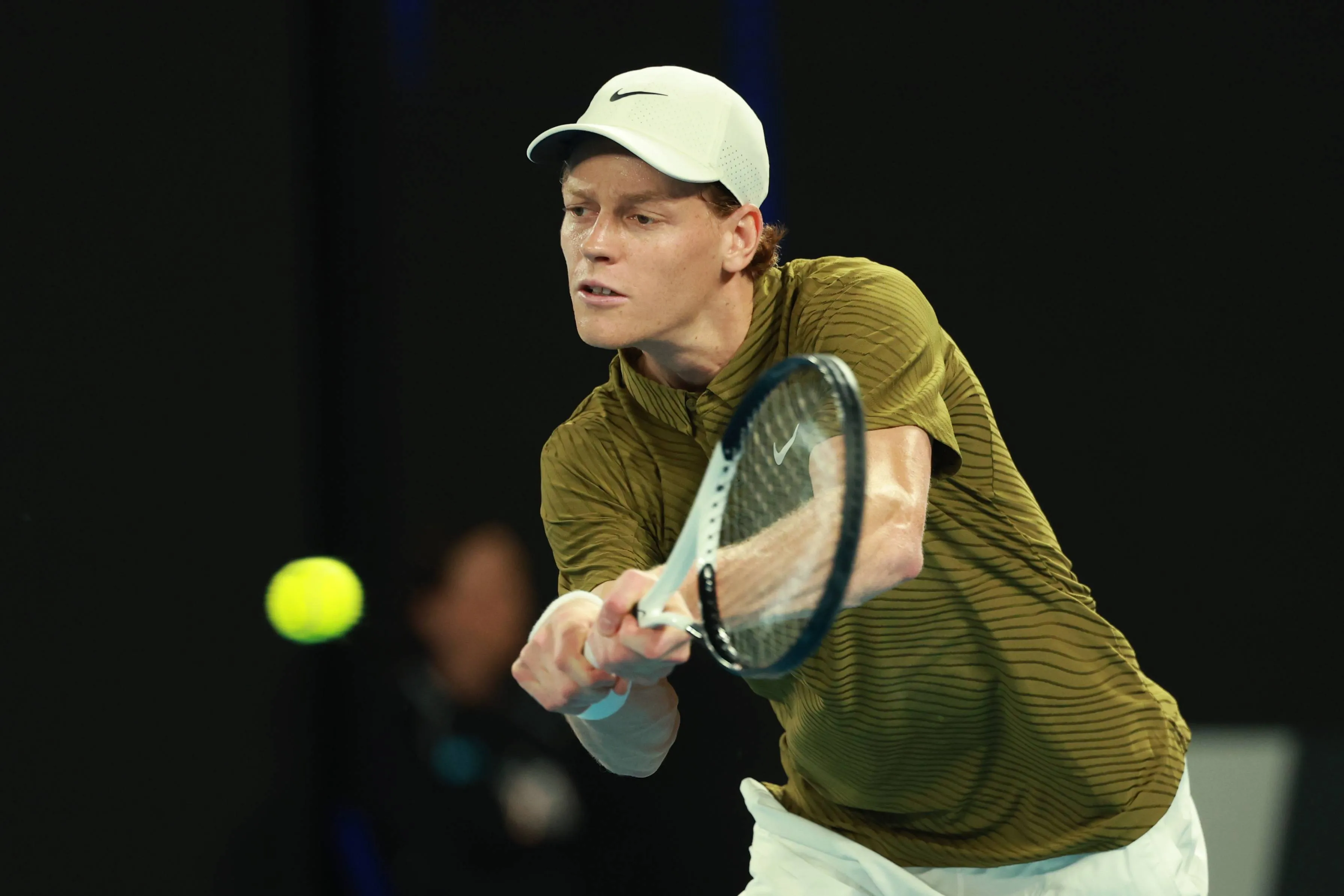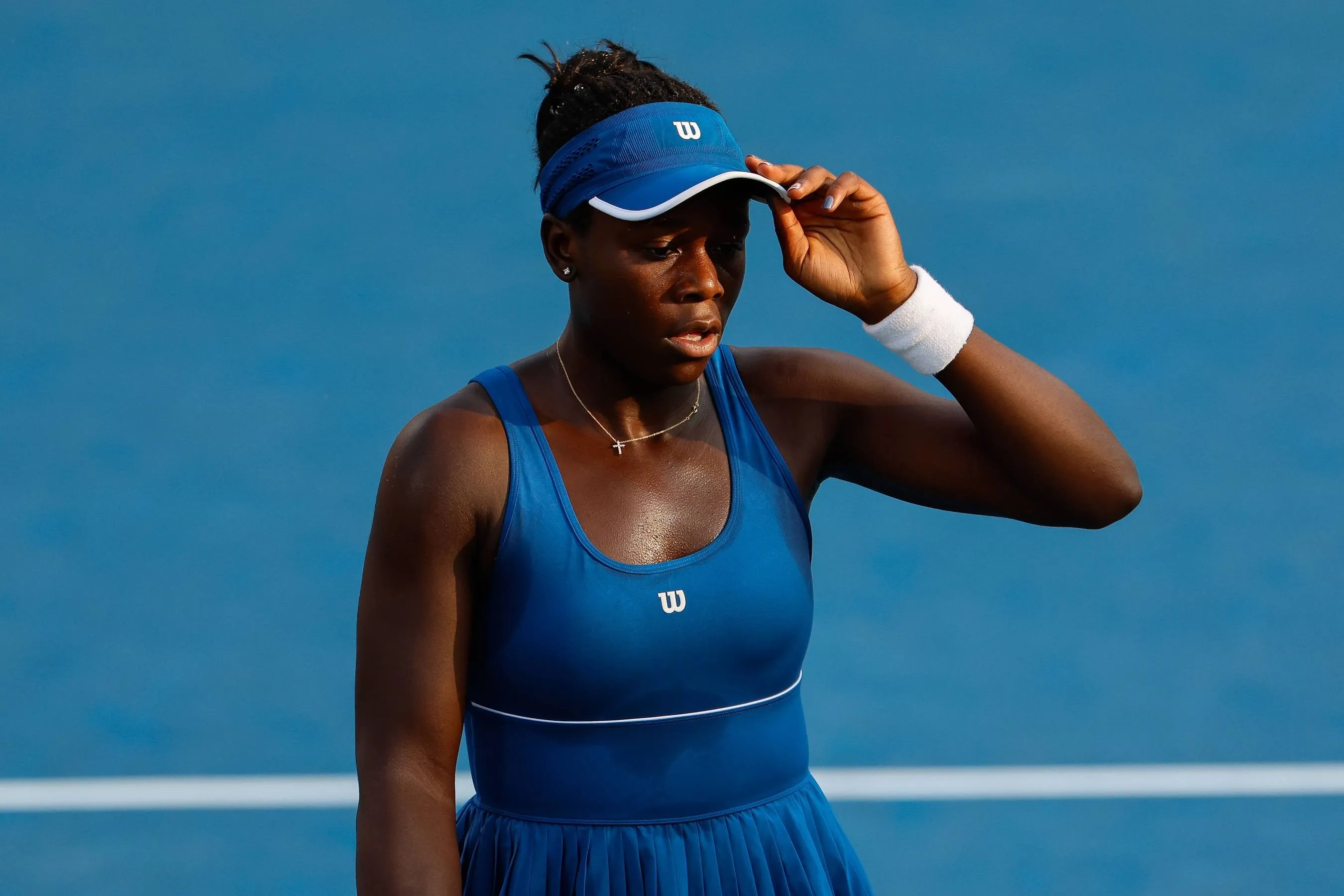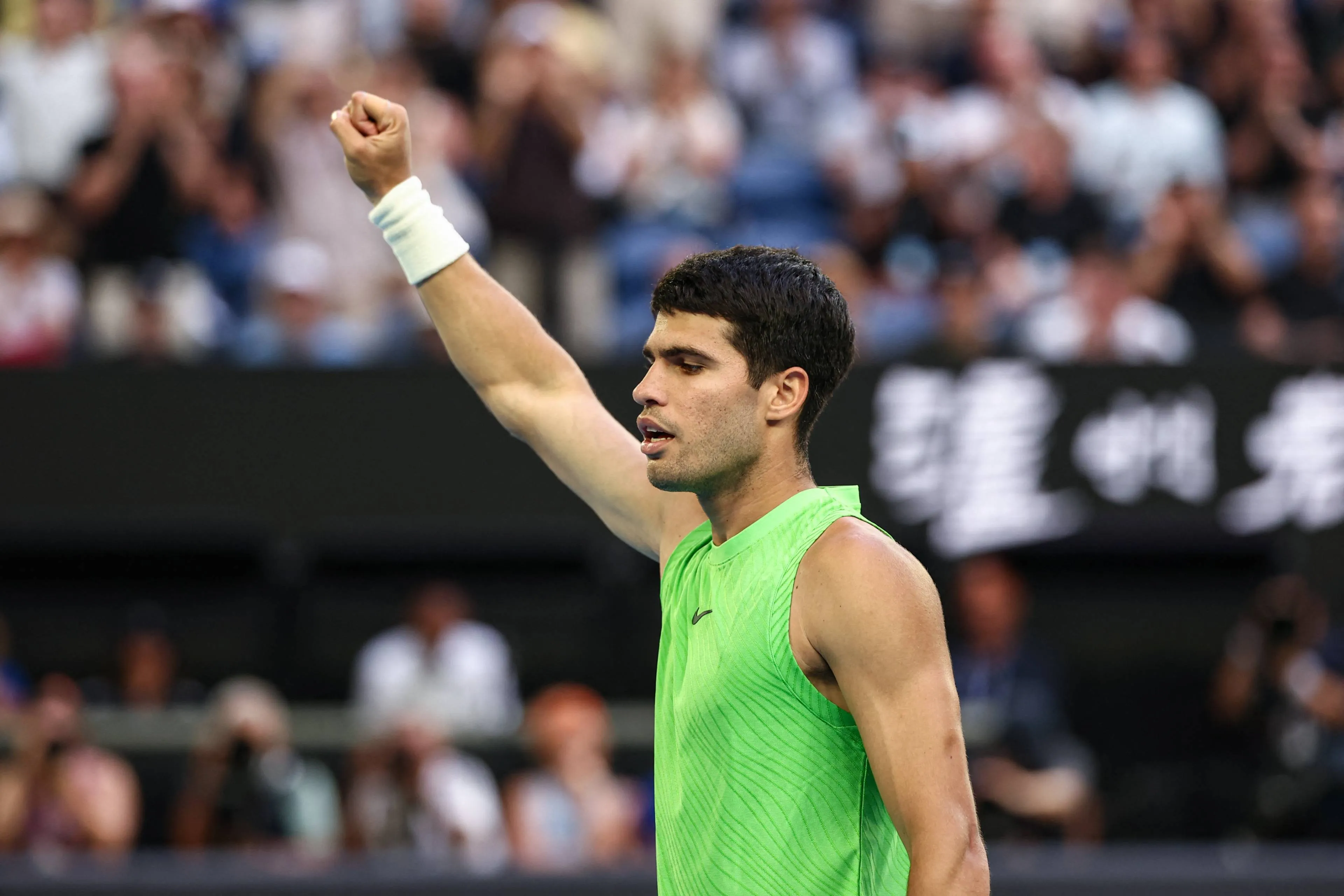
As winter is fast approaching, it may be worth considering how the climate affects your tennis game and what can be done to adjust to different weather and settings.
Many professional players make tiny adjustments to their setups as they travel from tournament to tournament, court surface to court surface, and while such obsession over details perhaps unnecessary for the rest of us, it’s worth making some changes to a racket setup as the seasons change.
In warm weather, conditions are faster. The air is thinner, the surface is drier and the balls will fly through the air faster. This is when you’ll be hitting your fastest serves and quickest groundstrokes, so it stands to reason a racket setup optimised for control will be useful here.
The simplest way to achieve this is to simply string a little tighter, and this is what the pros do. A 5- 10% increase in tension will be more than enough. Alternatively, for those who have rackets strung in a hybrid or multifilament/gut setup, this may be an opportunity to try a full polyester setup.
Strings of this type will reduce the available power in the stringbed, enhancing control. Indoor tennis facilities, shrouded from the elements, will also play faster than standard outdoor courts, so it is worth considering the aforementioned setup adjustments for quicker conditions.
Read also
To be very pedantic, it’s worth noting altitude will also affect playing conditions. Air becomes thinner as the location rises from sea level, causing quicker conditions and in particular, a higher bounce from the ball.
Again, it is worth considering re-assessing a racket setup for these potentially quicker conditions. In cold weather, we need to do the opposite. Not only for optimal play, but for injury prevention also.
The cold, dense air of winter will slow play down noticeably, even at an amateur level. Additionally, the air and playing surfaces will be damper – even on the days it’s not raining – therefore the tennis balls you hit with will be heavier and fluffier.
To overcome this deficit in power and reduce muscular strain, stringing at a slightly lower tension is highly recommended; with again, a reduction of 5-10% usually being sufficient.
In addition, those who compete with a full bed of polyester strings may want to consider stringing with a gut or multifilament, to add some extra power and comfort to the racket setup.
A final change that can be made to a racket between seasons is the choice of overgrip. In summer weather your hands are likely to sweat more, so a “dry” feeling overgrip such as Tourna Original or Babolat VS Original may prove more useful for their ability to absorb a greater amount of sweat.
Conversely, a very tacky overgrip such as Tourna Mega Tac or Head Xtremesoft could be useful in cold weather, for the extra traction and cushioning they provide. Failing this, or if looking for consistency, there are overgrips that can provide an all-around feel, such as Wilson Pro Overgrip and Yonex Supergrap.
Read also
Loading
